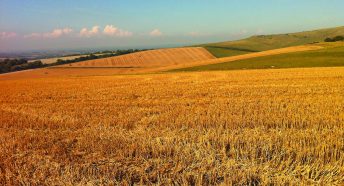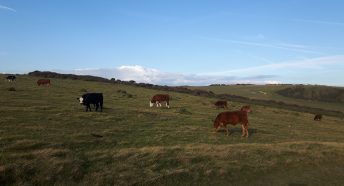The Agriculture Act 2020
The Agriculture Act 2020, which received Royal Assent on Wednesday 11 November, marks a landmark change in agricultural policy.
| After the 2016 EU referendum, along with partner organisations, CPRE called for future funding to focus on reversing decades of damage to wildlife, meadows, hedgerows and landscapes and to restore farming assets such as soils.
CPRE’s New Model Farming report recommended that to build the resilience of farming to reduce its risk from climate change and make its management of assets sustainable then most funding should deliver public benefits. A shared platform promoting ‘public goods for public money’ galvanised a partnership of organisations through Wildlife and Countryside Link and Greener UK, along with increasing support from the farming sector. Pursuing this goal over the past three years has resulted in an act that locks in ‘public goods for public money’ as an underlying principle in the new Environmental Land Management scheme. The Agriculture Act 2020 moves away from the area-based direct farm payments of the Common Agricultural Policy that proved unfair towards farmers in need and ineffective in tackling the climate and biodiversity crises. It gives power to the government to encourage the production of environmentally sustainable food and the management of land for public access and enjoyment of the countryside, to restore and enhance natural and cultural heritage, and to mitigate and adapt to climate change. CPRE welcomed a late addition to the Agriculture Bill to include payment to protect or improve the quality of soil. This could be vital in driving the rewetting of peatlands. There were also important additions to the Bill during its passage through Parliament including setting up a Trade and Standards Commission to advise MPs on the impact of future trade deals on farming. The Act marks a major shift in policy and a battle won, but the campaign goes on to ensure the government delivers its policy promises. For an informed perspective on some of the challenges ahead, you can read this blog by David Walsh from WWF. |



